Tribulus Terrestris has found its way into the mainstream of herbal supplements, partly because millions of people are turning every day toward complementary medicines. But what exactly does Tribulus do? In this article I’m steering us clear of social media hype and “testimonials.” As always, we’ll look to the legitimate scientific evidence to determine what benefits it may have for you.
I’ve broken the research down into two categories. In the first we have several uses with outstanding medical research to support it. After that we’ll tackle some thornier subjects where the research is either too new to trust, or simply too unreliable.
Quick Hits
Best Evidence for Use
Here’s the good stuff. And by that I mean, good science showing good effect.
Sexual Function
The overwhelming amount of research on Tribulus concerns sexual health. Whether there are any actual Testosterone effects still remains to be seen, but numerous studies have supported the use of Tribulus for sexual function, especially among men. In fact, one study found there were across the board benefits from nine months of use, which mirrors the vast majority of research into both male and female sexual parameters following Tribulus treatment.

Blood Pressure
Given the prevalence of high blood pressure and hypertension, it makes sense that the medical community around the world has been looking for new and more safe remedies. One very recent study using Tribulus saw nearly an 8 point drop in blood pressure compared to placebo, and the authors noted it was safe across the board.
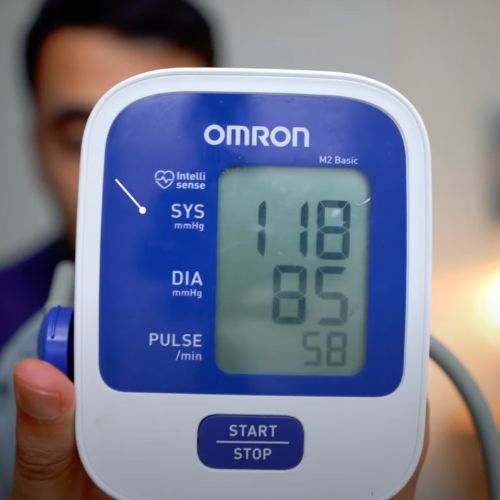
Chest Pain
In addition to dropping blood pressure, there is separate evidence that Tribulus can reduce long-term chest pain (angina pectoris). It seems that it has a natural ability to widen the coronary artery, with no adverse reactions to other body systems.

Infections
Though not conducted on live participants, an herbal remedy to treat cold sores in the mouth has met with positive reception in a clinical setting. Researchers found enough evidence supporting the Tribulus that they called for studies in live populations.
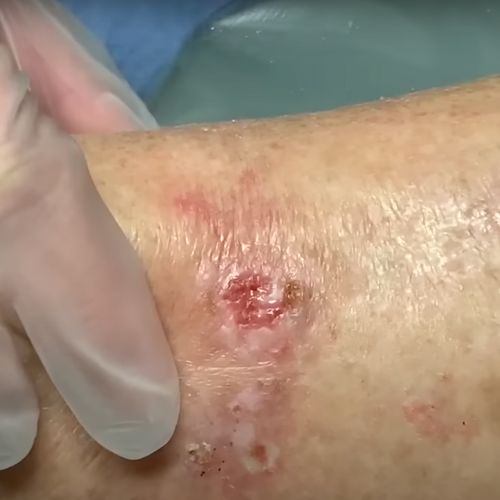
Prostate
Again, we can’t speak to the mechanism (and whether it’s a Testosterone/DHT effect), we do have good evidence that Tribulus can alleviate the symptoms of benign prostatic hyperplasia (BPH, or enlarged prostate). A condition that hits millions of men, Tribulus can reduce symptom scores after just 12 weeks, though it’s not clear if these benefits extend past when men stop taking it.
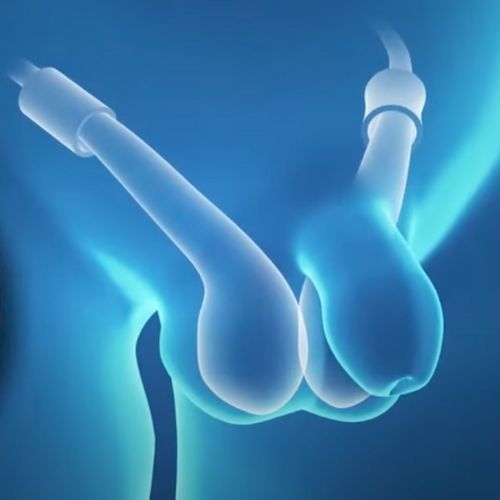
Blood Sugar
A double blind study of nearly 100 women found that just 3 months of Tribulus use could significantly reduce blood sugar in patients with Diabetes (II). There were no reported side effects, and in a second nod to the blood-pressure effects of Tribulus, this study also saw lower triglyceride levels in the Tribulus group. This effect has been seen in nearly a half-dozen other independent studies, such as this one, making the results hard to write off.
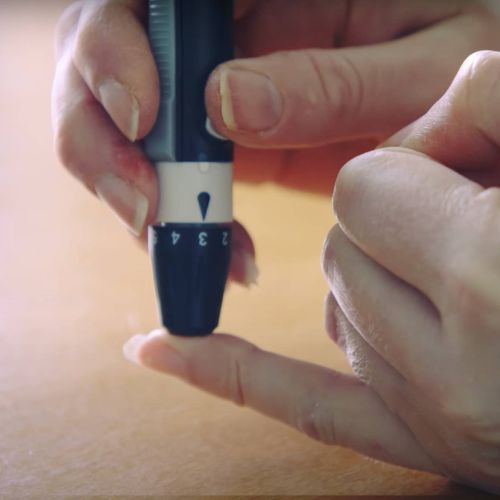
Bone Strength
In an article coming soon I delve into the role Vitamin D plays in our bone health, and how important it can be in literally helping save our lives as we get older. Well, it turns out that Tribulus can help there, too. In an experiment involving laboratory animals, researchers found significantly stronger bone growth after Tribulus treatment, and even citing that it may be due to an interaction with Dehydroepiandrosterone (DHEA).
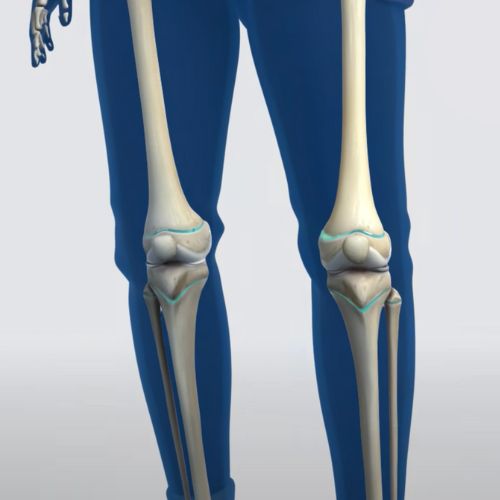
Experimental Uses & Possible Myths
The following research is a bit more fringe than the ones we’ve discussed so far. In general, I wouldn’t alter any of your existing medications or remedial choices associated with these applications before discussing it with your physician. But the implications and promise of some of these data can’t be ignored.
Breast Cancer
It’s incredibly difficult to start human trials for herbal remedies when it comes to Cancer research because in many cases failure could mean death. That leaves scientists with what’s called “in vitro” tests (literally, “in glass”). In these laboratory experiments, researchers can test a compound against the cells of a given disease, outside of human patients.
In one such experiment carried out by Chinese researchers, Tribulus showed the ability to arrest breast cancer growth, which could be invaluable for oncology research going forward. Some of that research is already underway and has shown positive results, but it’s still too early to tell if it could be effective in patients.
Testosterone
Tribulus has traditionally been used to increase Testosterone, and anecdotal evidence abounds. But as for scientific evidence, I have seen results on Tribulus go either way, with some clinical research showing promising results. But the record is far from certain, with other trials indicating no T-boosting. If you’re interested in a full breakdown, I devoted a full article to the subject a while back.
Leading to our next subject, though, we have a study where Tribulus did improve testosterone, but only one strength measure (bench press).Muscle Strength and Mass
Whatever the effects of Tribulus on Testosterone, in a study of athletes over 5 weeks of endurance and strength training saw no benefit to the Tribulus group over placebo. While others may have different results, this may be explainable by the psycho-somatics.
How Much to Take
The ranges on Tribulus doses vary almost as much as the range of studies. For instance, in one Hypertension study, the dose was a staggering 6 g, or 6,000 mg! Most of the Diabetes studies had a dose around 1,000 mg, and one sexual health study used only 7.5 mg.
General guidelines are to stay between 750 and 1,500 mg per day, though I always advise starting at the lowest dose available for several weeks, gauging the effects on your body before increasing the dose.
Final Word
It appears that there are multiple promising avenues that Tribulus use can take us down, though we have to admit that more research in several areas is needed. For now, if you feel that an herbal remedy in one or more of these areas may be right for you, arm yourself with knowledge and consult your physician–a better tomorrow might just start today.

